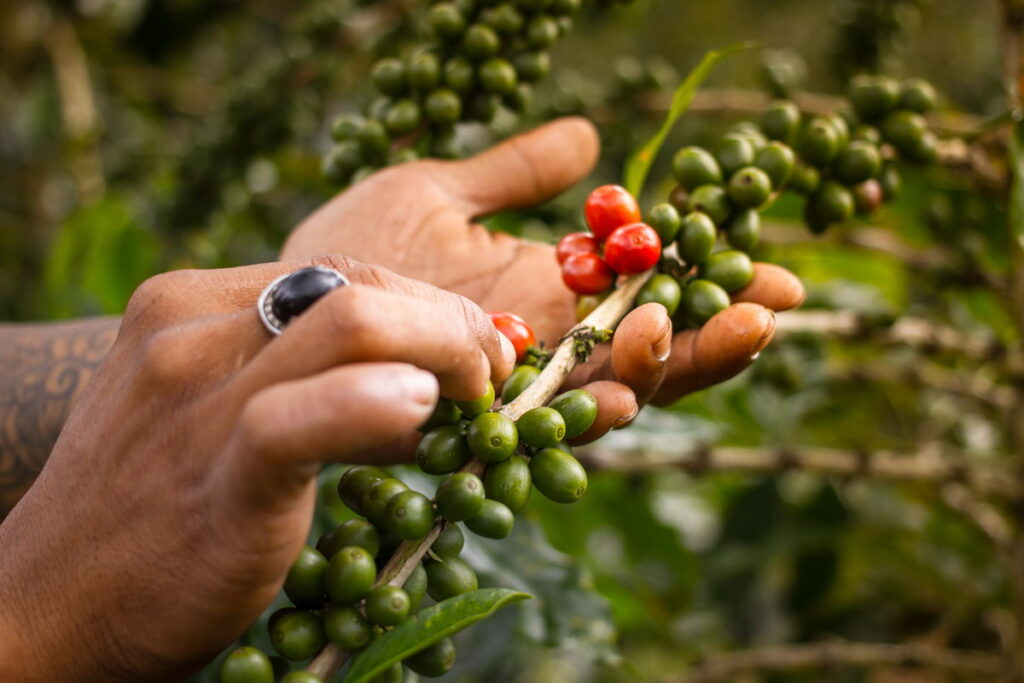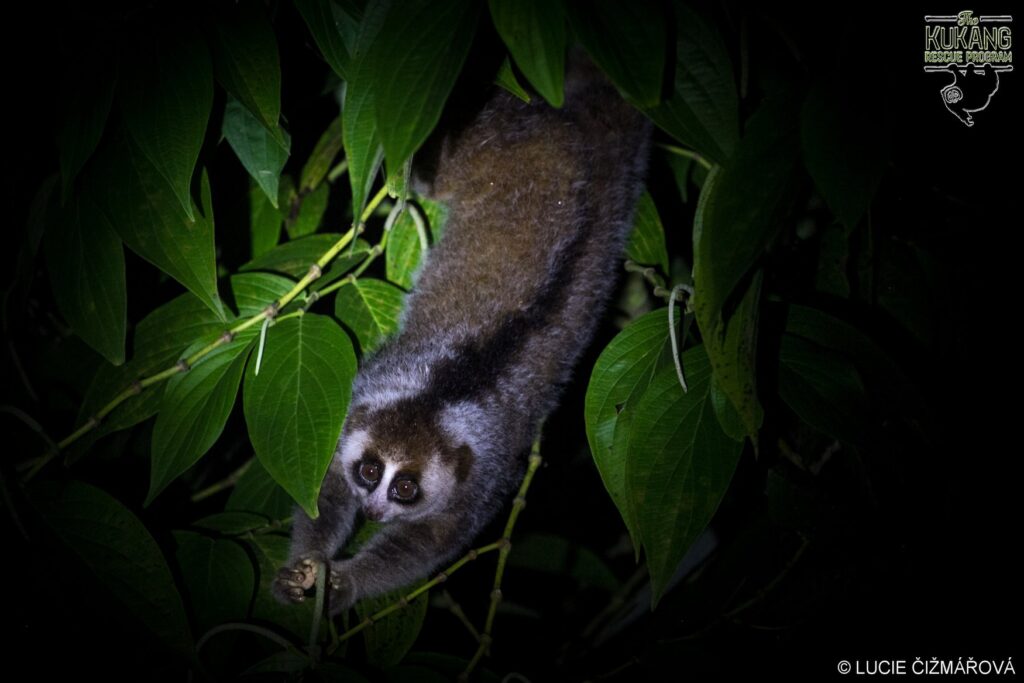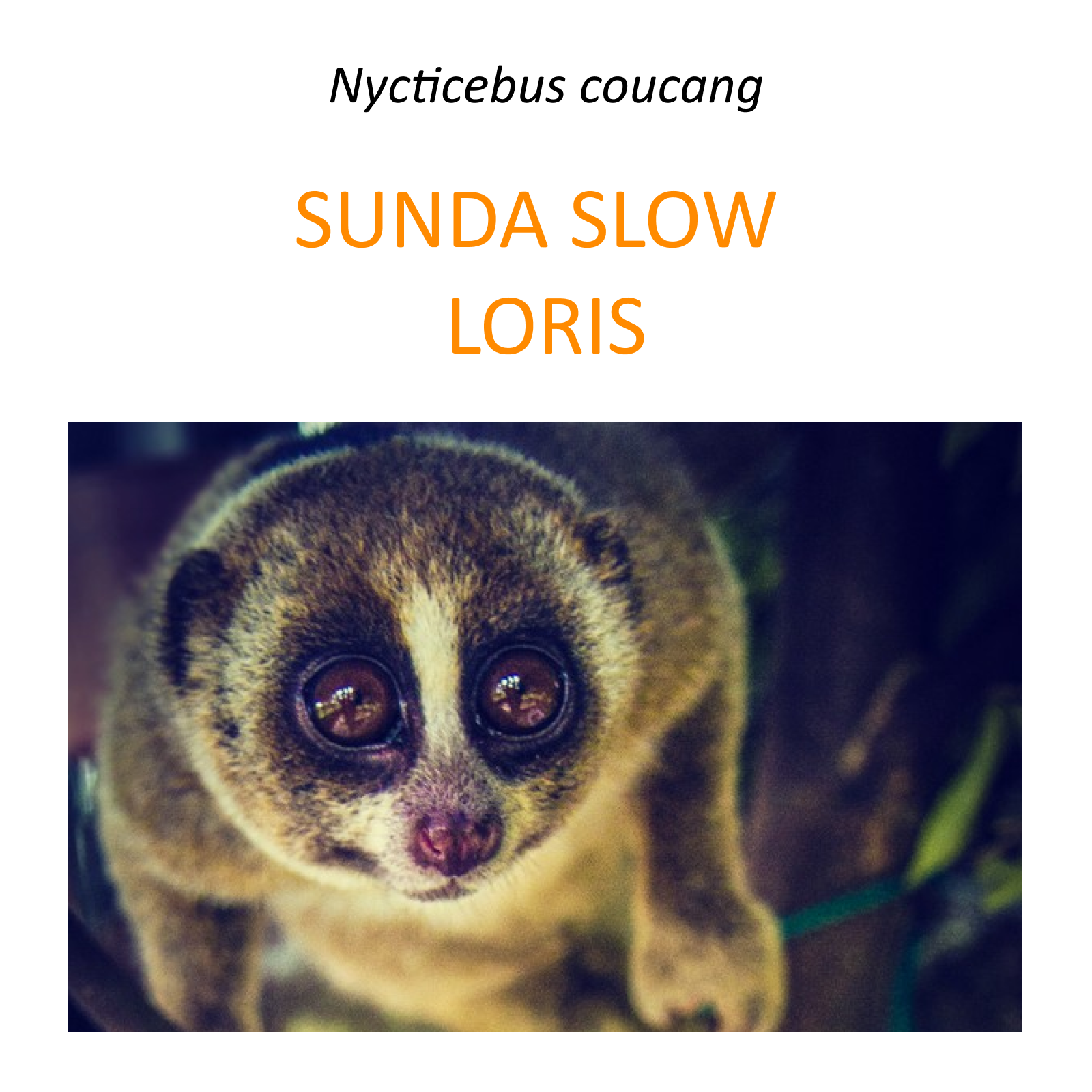Description
Illegal trade in Sunda slow lorises: small mammals of the lorisidae family, may soon contribute to their extinction. These animals are caught from their environment to become pets or a tourist attraction on the beaches of Indonesia or Thailand. Unaware of the misery of animals, tourists and owners of exotic pets fuel the illegal trade in protected animal species.
The International Union for Conservation of Nature (IUCN) has classified Sunda slow loris as a vulnerable species.
Sunda slow loris or greater slow loris (Nycticebus coucang) inhabits the rainforests of Indonesia, including Sumatra, Malaysia, Thailand and Singapore. Compared to other lorisidae, it is large, up to 38 cm, and can weigh up to 700 g. It has a characteristic of this family round head, large eyes, reflective film, small ears and a moist nose. It lives in the treetops. Slow lorises feed on fruit, invertebrates (frequently those with an awful taste and smell for other animals), small vertebrates, fruits, leaves, or bark. Its basic food is plant sap and nectar produced by local plants and resin obtained by licking drops from wounds on trees. Slow lorises can digest resin thanks to their large cecum. Lorises contribute to pollinating plants and spreading plant seeds by eating fruits and flower nectar. They are nocturnal animals, they lead a solitary lifestyle. Interestingly, they are monogamous. The male helps the female in rearing young and only during this period you can you meet lorises together.
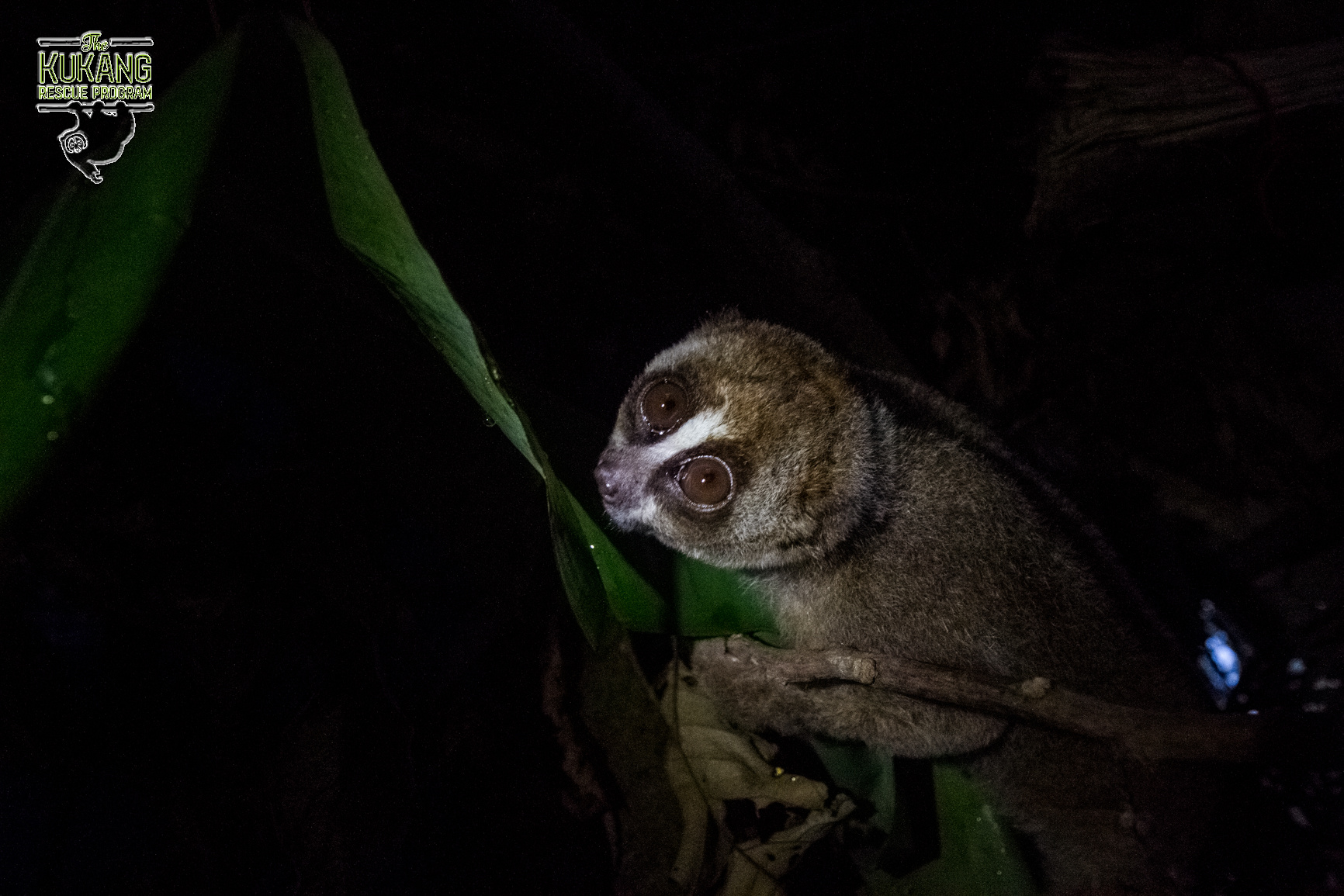
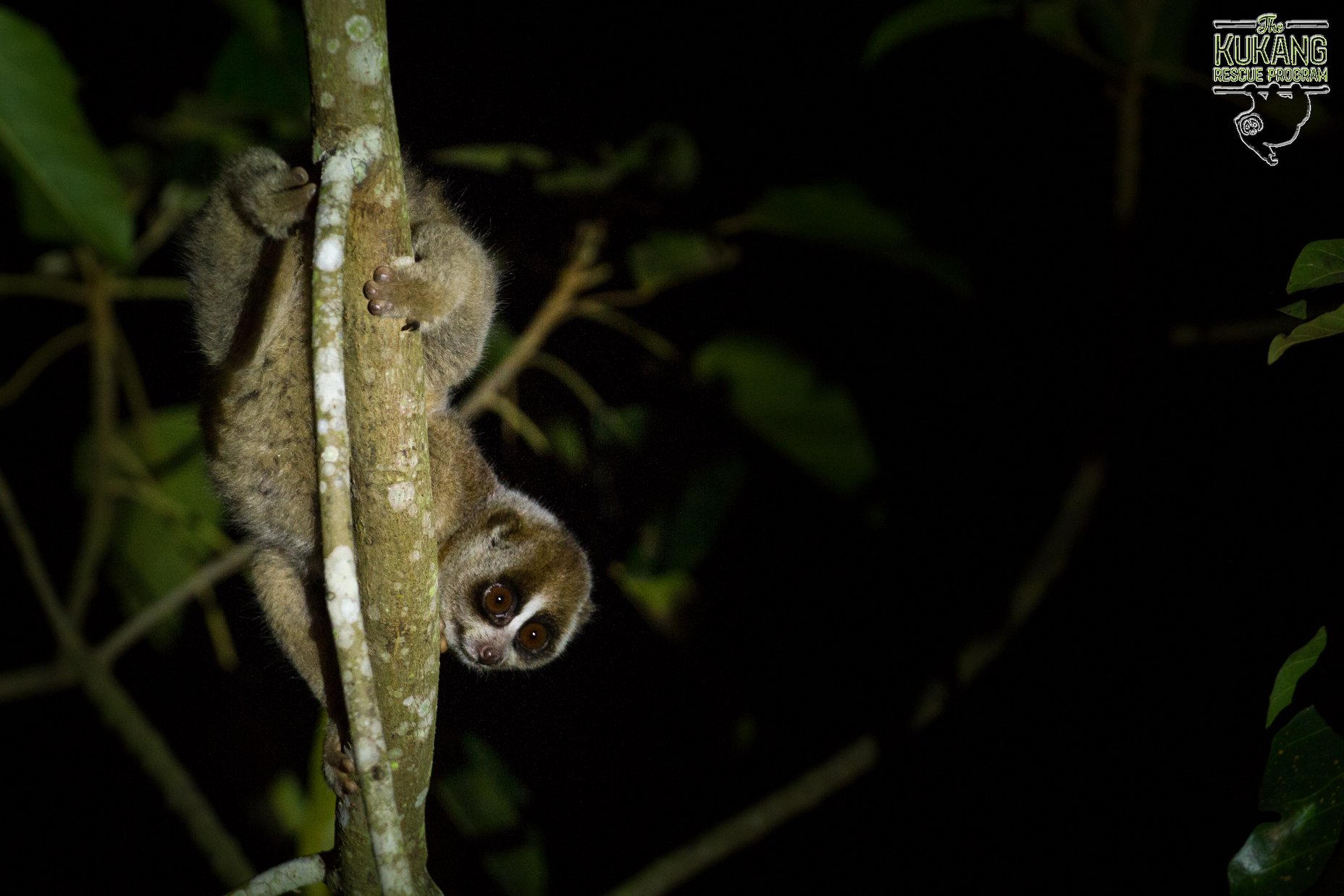
Lorises are the only venomous primates in the world. They produce a toxic substance in a gland on the inside of the elbow. The toxin is only activated when it comes into contact with saliva. By licking themselves and their cubs, they spread the toxin on their hair. It is a very effective protection against predators. When bitten, the toxin is also dangerous to humans. For this reason, lorises sold as pets or posing for photos have their tusks pulled out. This is done in a bestial way, without anaesthesia and hygiene, so many of them do not survive this “procedure”. In the event of confiscation, tuskless animals cannot be released into the environment as they become vulnerable and find it difficult to find food.
What we do?
First, we educate. In 2019, we organized a meeting “Zoo and DODO to the rescue” devoted to saving Sunda slow loris, to which we invited the director of The Kukang Rescue Program. We keep reminding you on our Facebook fanpage that wild and protected animals cannot be kept at home and that you should not take pictures with them for money during exotic holidays.
We are financially supporting the Lori Kukang rescue program in Sumatra. Thanks to our support, among others, The Kukang Rescue Program saves the confiscated lorises and, if possible, releases them back to nature. The program also conducts classes and educational campaigns for local people and tourists in Sumatra.
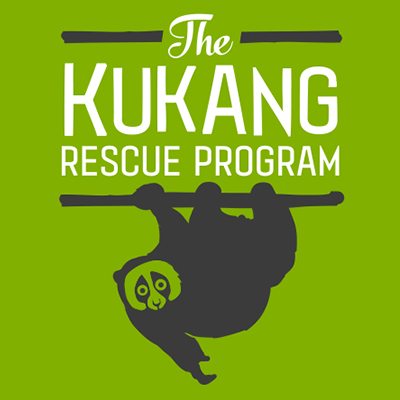
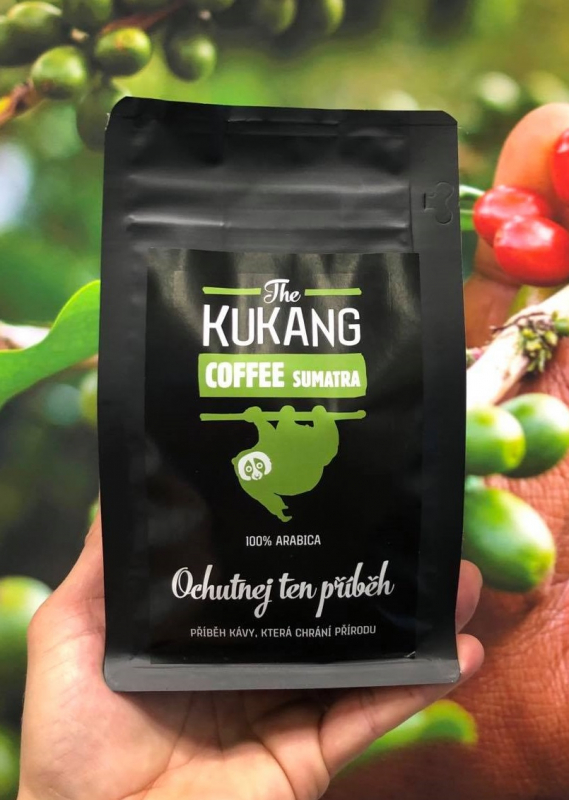
The Kukang Rescue Program also runs the “Kukang Coffee”. It is a very valuable ecological project creating an agricultural cooperative, bringing together local coffee farmers. The “Kukang Coffee” project was born to help farmers in the area of Tanah Karo to live in a sustainable way while helping to protect nature there. It has created a community of coffee producers and developed a methodology for the sustainable cultivation and processing of high-quality coffee, which The Kukang Rescue Program buys from them at a higher price than what they could get at the market. In return, this community of farmers promise to abide by the ban on hunting endangered and protected wildlife in their vicinity. In addition, The Kukang Rescue Program finance the conservation activities in this area from the profit from the sale of this ecologically produced coffee. The so-called “Kukang Coffee” thus supports the locals and at the same time helps protect slow lorises and other endangered wild animals in the forest in this area.
